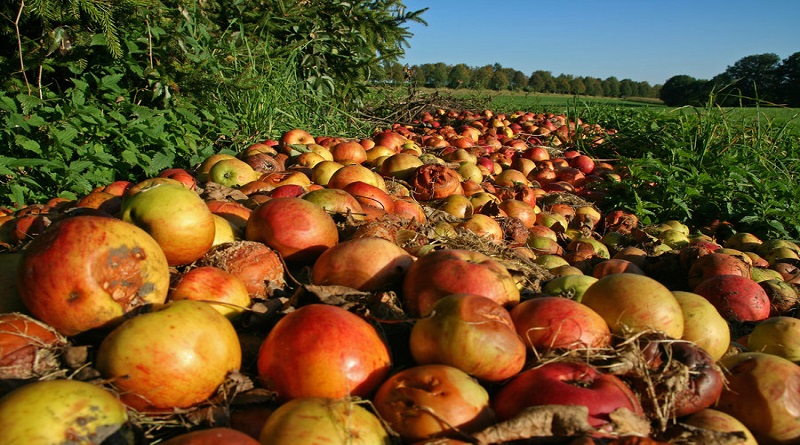Post-harvest losses: Group advocates investment in cold chain
The Organisation for Technology Advancement of Cold Chain in West Africa (OTACCWA) has urged government at all levels to focus and invest in cold chain to address post-harvest losses.
The President of the Organisation, Mr Alexander Isong, made the call in Abuja on Wednesday during a breakfast meeting organised by OTACCWA in collaboration with Fairtrade.
Isong described cold chain as the movement of perishable goods from one point to another in a controlled environment.
According to him, the measure controls the temperature of the produce to avoid deterioration or decay making it unhealthy for human consumption.
Isong attributed the over 50 per cent of post-harvest losses in the country’s agricultural perishable produce such as tomatoes, pepper, and onions to poor storage, transportation and handling.
He harped on the need for proper handling, transportation and storage of goods.
“To solve the problem of malnutrition and get cold chain right, we need to bring down the amount of post-harvest losses that we have in Nigeria.
“Cold chain is valuable in the medical industry because most of the pharmaceutical companies move vaccines and medicines for those with terminal illness in a controlled environment using cold chain.
“Every developed country has gotten their cold chain right so it is high time Nigeria focused on cold chain and spent on it.
“This will also help in foreign exchange by exporting the over produced products.
“We have over 50 per cent post-harvest losses in the farms as most of the perishable crops do not get to the markets because of poor storage, poor transportation and poor handling,” Isong said.
He said the breakfast meeting was to sensitise exhibitors ahead of the 7th International Trade Fair tagged “Nigeria Agrofood” slated between March 22 and March 24 in Lagos.
The Managing Director of Fairtrade, Mr Paul Marz, identified packaging as key in addressing post-harvest losses in the country.
“If you start packaging foods close to the farms, distribute same over the country or export them, they will not be wasted after harvest.
“It will translate to more food in the market, higher revenue for the farmers and more healthy food to the consumers,” he said.
Marz noted that fairtrade which has been in existence since 1991 has been organising exhibitions on agro-food and plastic print packs in Nigeria since 2015.
By Felicia Imohimi




